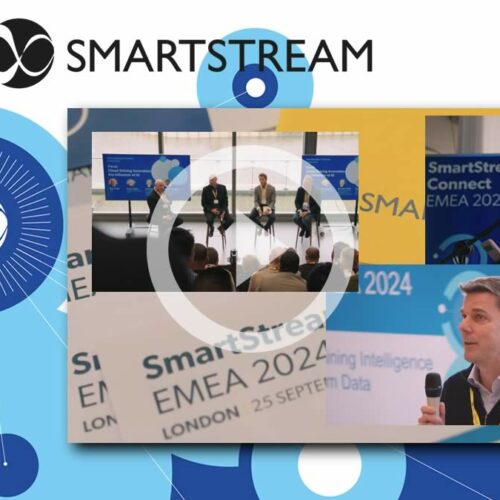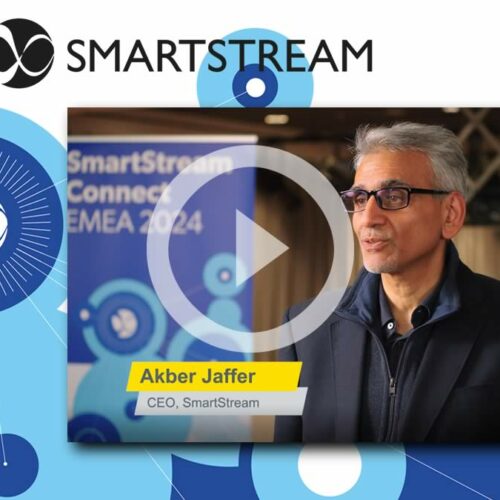By Tertius Vermeulen, Client Partner, SmartStream
At the SmartStream Connect South Africa event in Johannesburg this week, I had the privilege of hosting a fireside chat with Palesa Banda, Head of Custody at Standard Bank. We explored how AI, automation, and emerging technologies are reshaping Capital Market, particularly within South Africa’s capital markets. Our discussion focused on key market changes, the impact of AI and automation on operations, and what lies beyond—including tokenisation and smart contracts.
South Africa’s financial markets have undergone a rapid transformation. Increasing regulatory demands, the rise of fintech disruptors, and the need for real-time services are pushing institutions to rethink traditional processes. The custody and post-trade environment, in particular, faces growing pressure to optimise workflows, enhance transparency, and manage risk more effectively. Innovation is no longer an option—it’s a necessity. Financial institutions that leverage automation and AI are streamlining operations and unlocking new efficiencies, ensuring they remain competitive and adaptable in a fast-changing landscape.
AI and automation are already redefining how institutions approach data management, reconciliation, and client services. By reducing manual intervention and accelerating transaction processing, these technologies improve accuracy, detect anomalies, and enable faster, more informed decision-making. This is particularly relevant in South Africa, where legacy systems still play a significant role in financial infrastructure. Custody and settlement functions benefit greatly from automation, ensuring smoother transaction lifecycles and mitigating operational risk. At the same time, AI-driven insights allow financial institutions to anticipate challenges and proactively refine workflows without disrupting core operations.
Looking ahead, we discussed the potential of tokenisation and smart contracts in shaping the future of capital markets. Tokenisation offers the promise of greater efficiency, fractional ownership, and enhanced liquidity, while smart contracts have the potential to automate complex financial agreements with minimal reliance on intermediaries. Regulatory discussions around digital assets and distributed ledger technology are ongoing in South Africa, but it is clear that financial institutions must find a balance between innovation and compliance. While adoption is still in its early stages, the long-term impact of these technologies on market infrastructure could be significant.
As AI and automation continue to drive transformation, solutions that harness intelligent data processing are setting new benchmarks for operational efficiency. SmartStream’s AIR solution is an example of how AI can be leveraged to enhance reconciliation processes, delivering rapid, high-accuracy results that improve decision-making. The fireside chat reinforced that financial institutions willing to embrace innovation and adopt intelligent solutions will be best positioned to navigate the complexities of a digital-first future.






